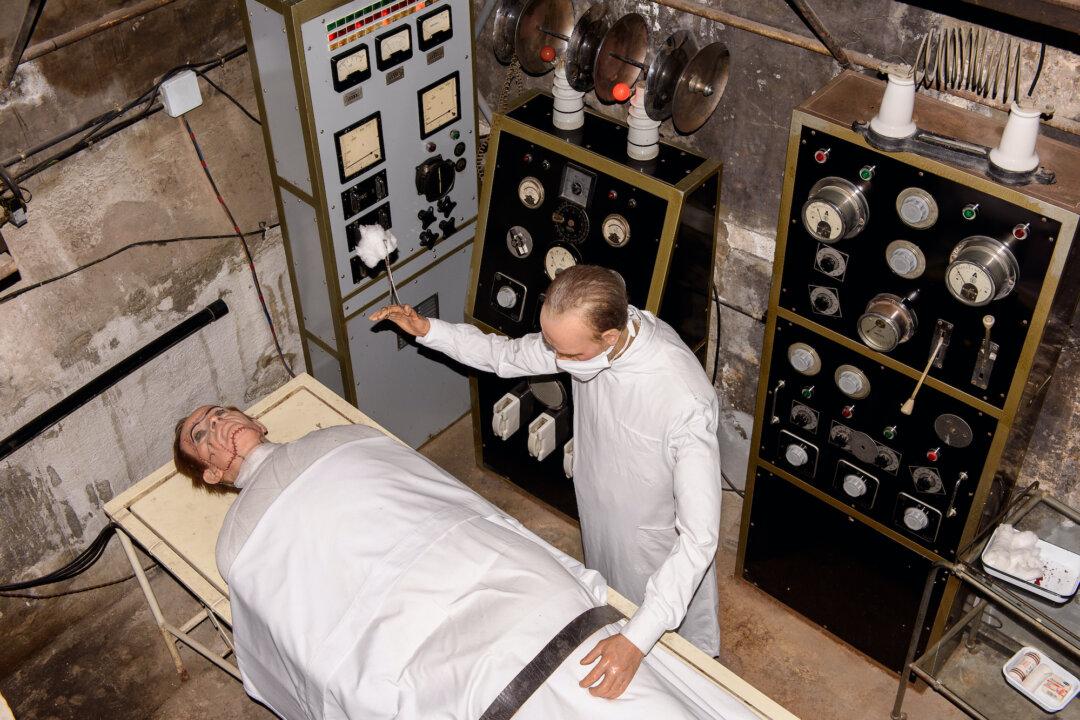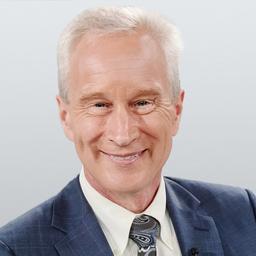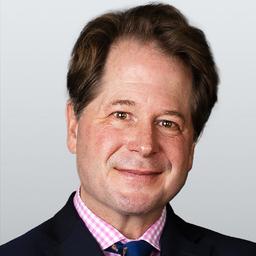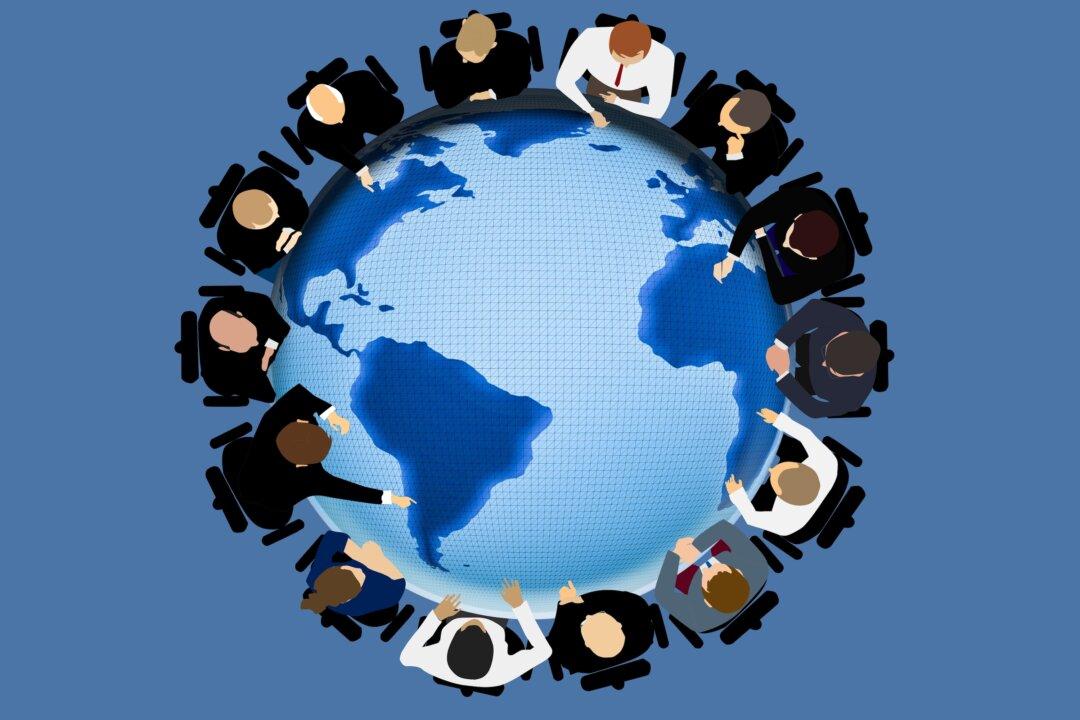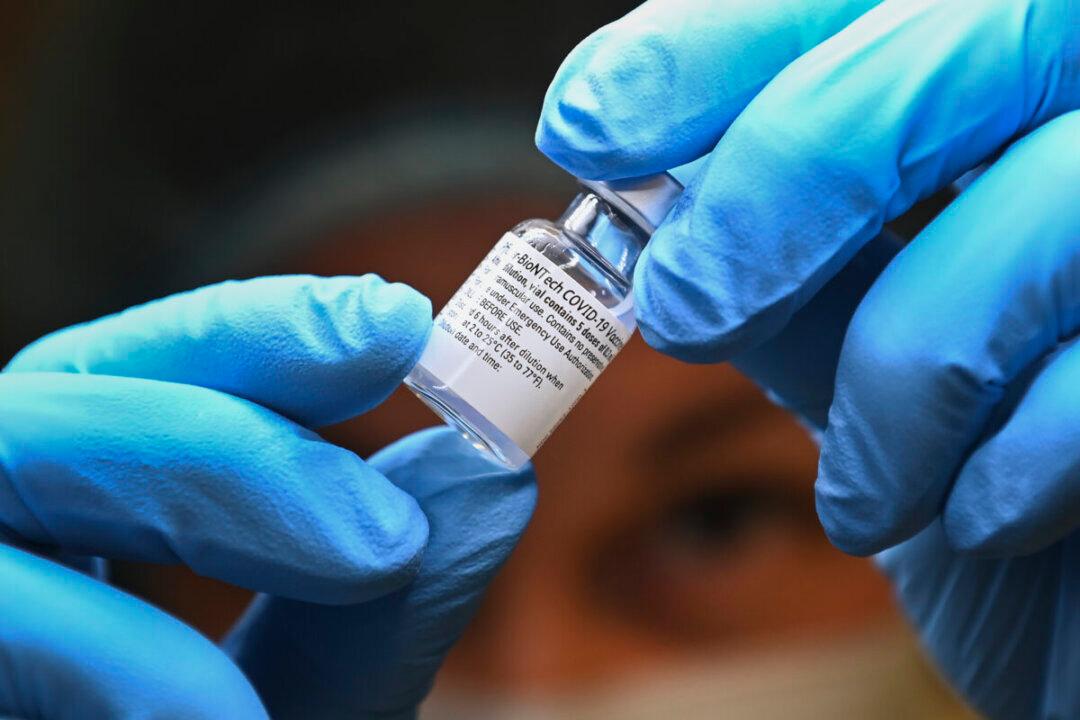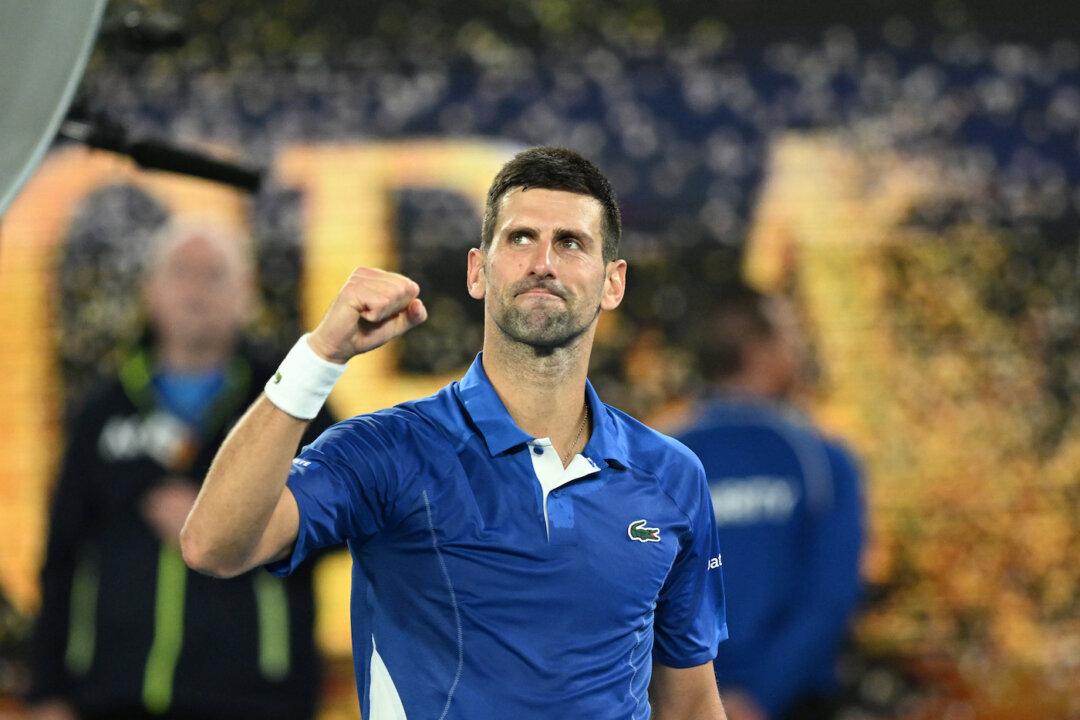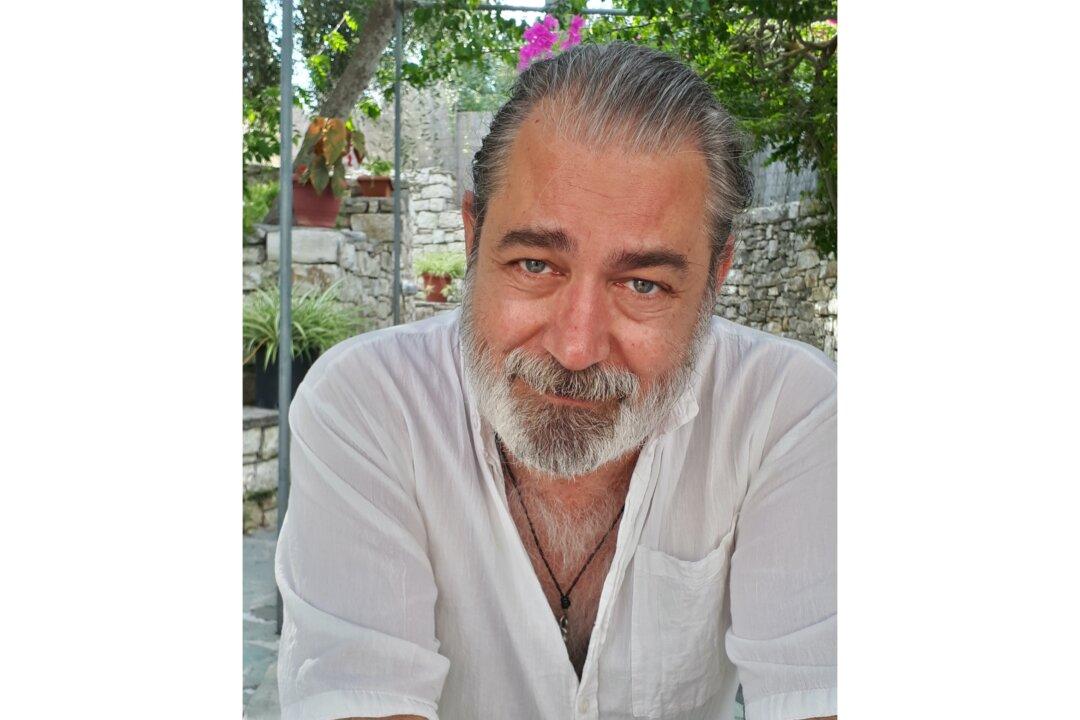Mary Shelley described Dr. Victor Frankenstein as an Italian-Swiss scientist born into one of the most distinguished families of Genoa, though he was born in Naples. He obtained one of the best scientific educations available at the University of Ingolstadt in Bavaria. Gifted in mathematics and chemistry, he succeeded in creating a human-like creature by assembling dead tissue and reanimating it. The trouble was, upon completing his task, Frankenstein perceived his own creature to be a crude and repulsive imitation of a human being and not a real one.
At this moment in the story, the brilliant and arrogant scientist becomes all too human by dodging responsibility for his abominable creation. When people around him are murdered, he knows his creature is the culprit, but instead of revealing the truth to his community, he tries to conceal it.

